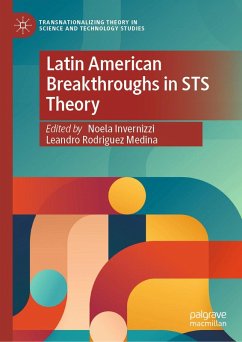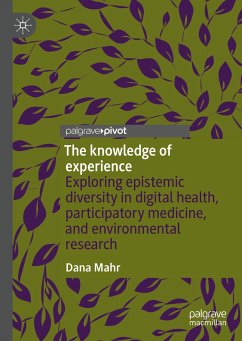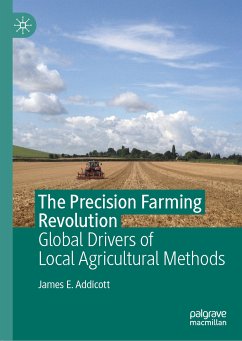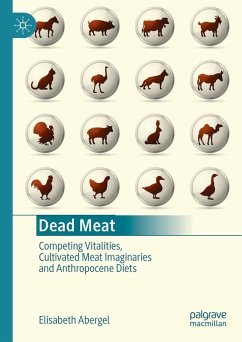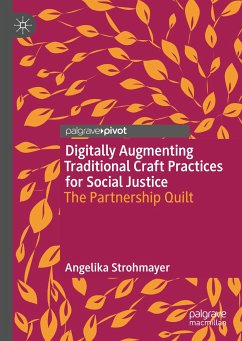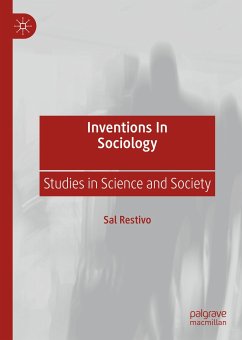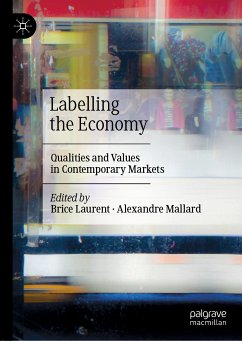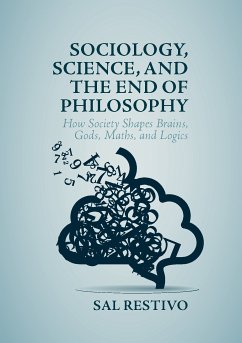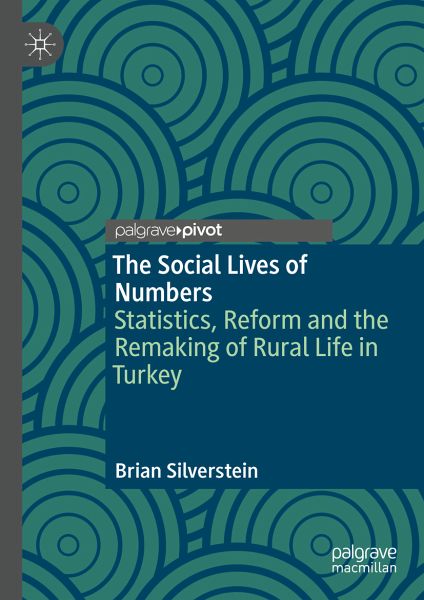
The Social Lives of Numbers (eBook, PDF)
Statistics, Reform and the Remaking of Rural Life in Turkey
Versandkostenfrei!
Sofort per Download lieferbar
40,95 €
inkl. MwSt.
Weitere Ausgaben:

PAYBACK Punkte
20 °P sammeln!
This book examines the changing role of statistics in institutional reform in Turkey, and the unanticipated ways in which such changes transform livelihoods as well. Turkish agriculture is undergoing its most profound transformation since the establishment of the Republic in the 1920s. Seemingly minor technical adjustments in farmers' reporting requirements and practices to collect better data on agriculture for statistics are also having a rapid and massive effect on farmers' practices and livelihoods. The attempt to understand agriculture in Turkey in new ways is changing agriculture itself....
This book examines the changing role of statistics in institutional reform in Turkey, and the unanticipated ways in which such changes transform livelihoods as well. Turkish agriculture is undergoing its most profound transformation since the establishment of the Republic in the 1920s. Seemingly minor technical adjustments in farmers' reporting requirements and practices to collect better data on agriculture for statistics are also having a rapid and massive effect on farmers' practices and livelihoods. The attempt to understand agriculture in Turkey in new ways is changing agriculture itself. The relationship between statistics and social and natural phenomena is thus performative, and such performativity undergirds a great deal of socio-technical change in the world. Drawing on fieldwork in Turkey with statisticians, farmers and agricultural extension technicians, the book shows how alongside deliberation about reforms, it is in and through this performativity that much of the work of institutional commensuration actually happens.
Dieser Download kann aus rechtlichen Gründen nur mit Rechnungsadresse in A, B, BG, CY, CZ, D, DK, EW, E, FIN, F, GR, HR, H, IRL, I, LT, L, LR, M, NL, PL, P, R, S, SLO, SK ausgeliefert werden.



